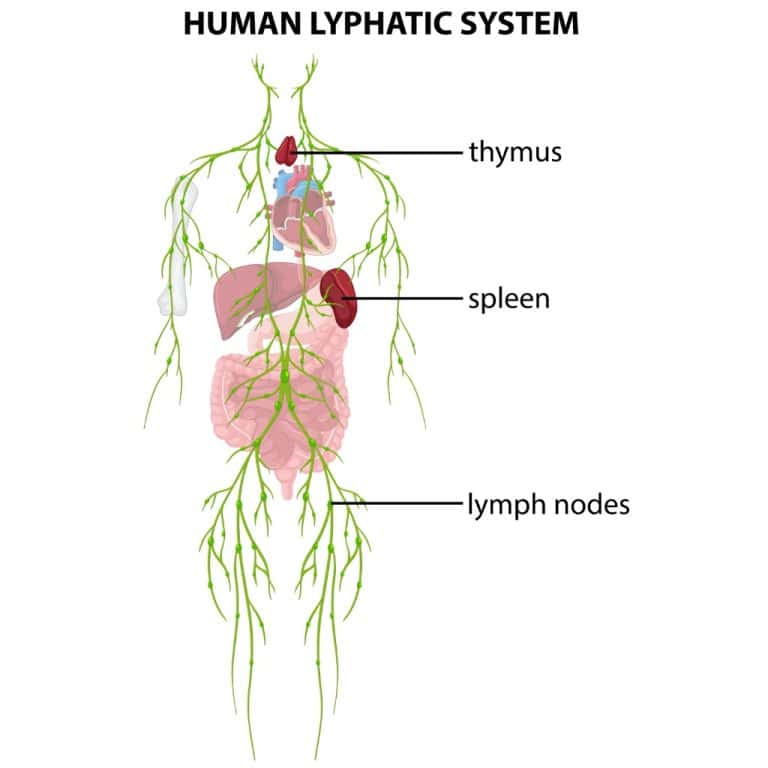Welcome to our lymphatic organs quiz! The lymphatic system is a vital part of our body’s immune system, helping to fight off infections and diseases. In this quiz, we will explore the different organs that make up the lymphatic system and their functions.
From the spleen to the thymus, each lymphatic organ plays a unique role in keeping our bodies healthy and strong. Test your knowledge on these important organs and see how much you know about the amazing world of the lymphatic system. Let’s dive in and discover more about these fascinating organs together!
Play Lymphatic Organs Quiz
Instructions
- This quiz is multiple choice.
- Read each question carefully before selecting an answer.
- Choose the best answer for each question.
- You will see the missed questions with correct answers at the end of the quiz.
Quick Facts
- The spleen is a crucial part of your body’s immune system, helping to filter and clean your blood.
- The thymus gland is responsible for producing important cells that help fight off infections and diseases.
- Your tonsils are located in the back of your throat and play a role in protecting your body from harmful bacteria and viruses.
- The bone marrow is where your body produces all of its blood cells, including white blood cells that help fight infections.
- The appendix, though often thought of as useless, actually plays a role in your immune system by helping to protect your gut from harmful bacteria.
- The lymph nodes are small glands located throughout your body that help filter out harmful substances and produce immune cells.
- The Peyer’s patches in your intestines are essential for protecting your body from harmful bacteria that you may ingest through food or water.
- The adenoids are located in the back of your nasal cavity and help to trap harmful bacteria and viruses before they can enter your body.
- The tonsils and adenoids work together to help protect your body from infections, especially in your respiratory system.
- All of these lymphatic organs work together to keep your body healthy and free from infections and diseases.
Downloads
Study Tips
- Create a study schedule and stick to it.
- Find a quiet and comfortable study environment.
- Remove distractions such as phones and social media.
- Take breaks every 25-30 minutes to avoid burnout.
- Use active studying techniques like summarizing, highlighting, and teaching concepts to someone else.
- Practice retrieval by testing yourself with flashcards or practice quizzes.
- Stay organized with notes, study guides, and resources.
- Stay hydrated and eat brain-boosting foods like fruits, nuts, and whole grains.
- Get enough sleep to improve memory retention and cognitive function.
- Reward yourself for reaching study goals to stay motivated.
